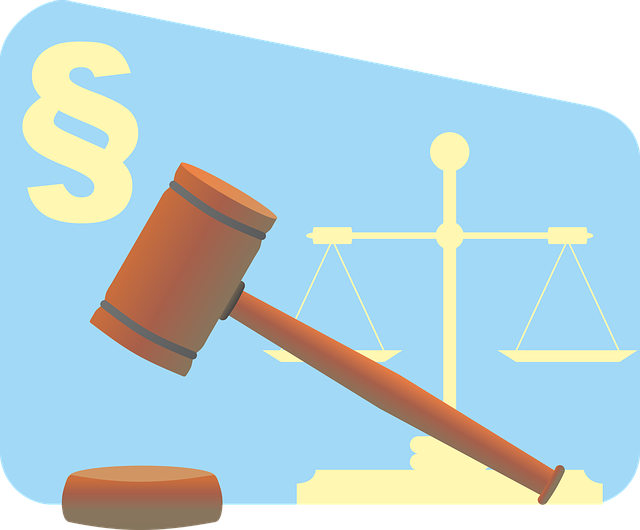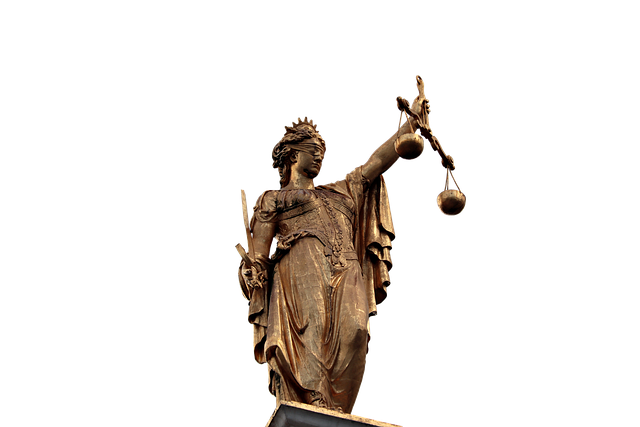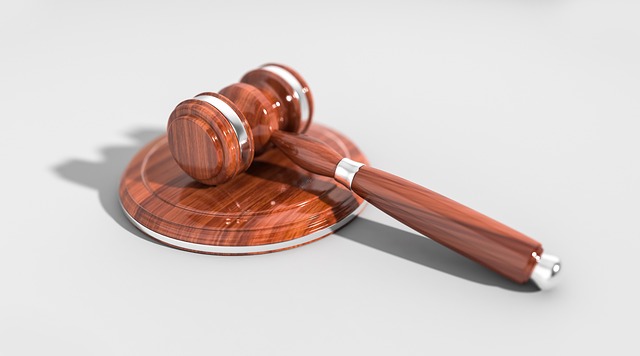Corporate Crime Investigations expose illegal business activities, focusing on organizational accountability. Class Action Lawsuits empower victims to confront corporations collectively, seeking substantial compensation and deterrence. Individual Lawsuits target specific alleged criminals, offering personalized justice for unique experiences. The choice between these strategies impacts legal approaches, compensation, and case complexity in fighting corporate misconduct. Successful prosecutions shape future behavior with stricter governance and penalties.
Corporate Crime Investigations delve into the complex world of corporate misconduct, examining illegal activities within organizations. This comprehensive overview explores two primary avenues for justice: class action lawsuits, empowering groups of victims, and individual lawsuits, focusing on personal accountability. We analyze strategies, challenges, and outcomes in pursuing corporate criminals, highlighting the impact of successful prosecutions. Understand the nuances between class action and individual suits to navigate this intricate landscape effectively.
- Understanding Corporate Crime Investigations: A Comprehensive Overview
- Class Action Lawsuits: Power to Collective Victims
- Individual Lawsuits: Focus on Personal Accountability
- Strategies and Challenges in Investigating Corporate Misconduct
- The Impact and Outcomes of Successful Corporate Crime Prosecutions
Understanding Corporate Crime Investigations: A Comprehensive Overview
Corporate Crime Investigations delve into complex and sensitive matters where businesses or their representatives engage in illegal activities. These investigations are crucial in uncovering fraud, corruption, and other misconduct that can have severe economic and societal implications. Unlike a general criminal defense or white-collar defense, which often focuses on individual charges, corporate crime investigations aim to hold entire organizations accountable for their actions.
When a company is involved in illicit behavior, it’s not uncommon for a class action lawsuit versus an individual lawsuit to arise. Class action lawsuits gather numerous victims together to seek compensation from the corporation en masse, reflecting the high-stakes nature of these cases. In contrast, individual lawsuits target specific individuals alleged to have committed crimes, with damages awarded based on personal harm. Understanding the nuances between these approaches is essential for both legal professionals and business leaders navigating potentially devastating corporate crime investigations.
Class Action Lawsuits: Power to Collective Victims
In the realm of corporate crime investigations, one powerful tool for victims is the class action lawsuit. Unlike individual lawsuits, which may be limited in scope and financial reward, class actions offer a collective power to those affected by wrongful corporate conduct. This unprecedented track record of success has seen many companies facing significant consequences for their actions, from complete dismissal of all charges to avoiding indictment altogether.
By banding together, victims can pool resources, share legal costs, and amplify their voices. This strategy not only increases the potential financial recovery but also serves as a strong deterrent for future corporate misconduct. The collective impact of class action lawsuits has been instrumental in holding large corporations accountable for their actions, ensuring that justice is served and victims are compensated fairly.
Individual Lawsuits: Focus on Personal Accountability
In corporate crime investigations, one key distinction between legal strategies lies in the approach to lawsuits: the choice between a class action lawsuit and individual litigation. While class actions offer a collective response to widespread wrongdoings, enabling affected parties to pool resources and achieve extraordinary results, individual lawsuits emphasize personal accountability. Each claimant’s unique experience and damages become the focal point, aiming for complete dismissal of all charges or significant monetary compensation.
This individualized approach ensures that every victim’s suffering is acknowledged and addressed throughout all stages of the investigative and enforcement process. It allows for a more tailored legal strategy, catering to specific circumstances and seeking justice on a personal level. This contrast highlights the diverse options available to those seeking redress in the complex landscape of corporate crime litigation.
Strategies and Challenges in Investigating Corporate Misconduct
Investigating corporate misconduct presents a unique set of challenges compared to general criminal defenses. While strategies may overlap with individual lawsuits, such as gathering evidence and deposing witnesses, corporate crime investigations often involve complex networks of entities and individuals, including philanthropic and political communities. This requires a broader approach that considers the systemic nature of the offense and its impact on various stakeholders.
One key distinction between a class action lawsuit versus an individual lawsuit is the focus on collective harm versus specific injuries. In a corporate misconduct case, investigators must navigate the intricate relationships between the corporation, its executives, and third-party entities. This involves delving into financial records, board meeting minutes, and communication logs to uncover potential schemes or violations that may have affected numerous shareholders, employees, and even broader societal sectors. Understanding these dynamics is crucial for constructing a robust case, whether it’s for a class action lawsuit representing many aggrieved parties or an individual suit against specific perpetrators.
The Impact and Outcomes of Successful Corporate Crime Prosecutions
Successful corporate crime prosecutions have far-reaching impacts on both businesses and society at large. When a company is found guilty of misconduct, it’s not just about financial penalties or restitution; it sets a precedent that sends a powerful message to potential wrongdoers. These cases often lead to significant changes in corporate governance, with companies implementing stricter compliance measures to prevent future violations. The outcome can include substantial fines, criminal charges against individuals involved, and orders for the company to make amends through compensation to affected parties.
In terms of distinction between legal approaches, a Class Action Lawsuit versus an Individual Lawsuit plays a crucial role in corporate crime investigations. A class-action suit allows many victims to join forces, simplifying the process and increasing potential damages, which can be especially impactful for widespread fraud or negligence. In contrast, individual lawsuits focus on specific cases, providing personalized justice but potentially with lower compensation. Across the country, the respective business communities have seen unprecedented track records of successful prosecutions, reflecting a growing emphasis on accountability in the corporate world.
Corporate crime investigations are a complex yet vital aspect of ensuring business accountability. By understanding the nuances of both class action lawsuits, which empower groups of victims, and individual lawsuits focusing on personal responsibility, we can navigate the challenges of corporate misconduct. Balancing these strategies leads to effective prosecution, bringing justice and fostering a culture of ethical conduct in the corporate landscape. In comparing Class Action Lawsuit vs. Individual Lawsuit approaches, successful outcomes rely on comprehensive investigations that adapt to unique circumstances, ultimately revolutionizing corporate crime prevention and punishment.






